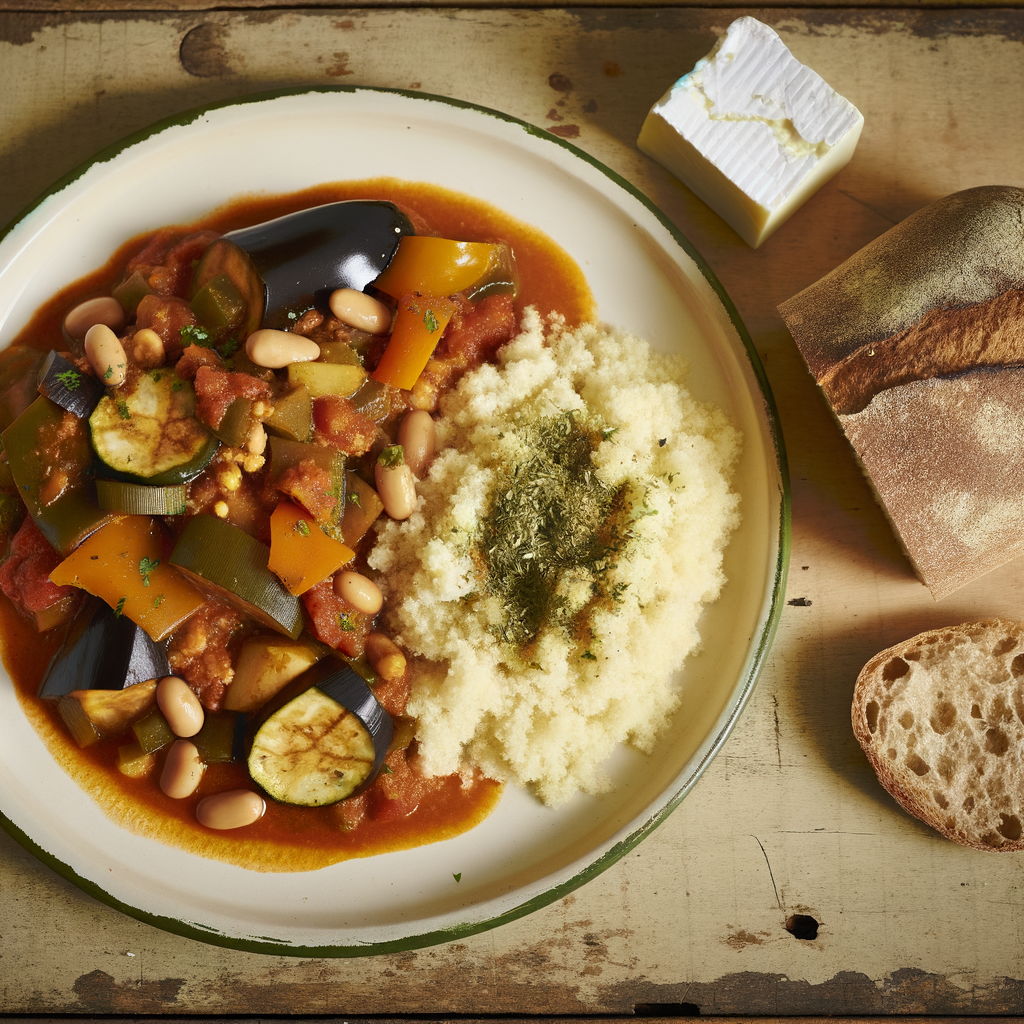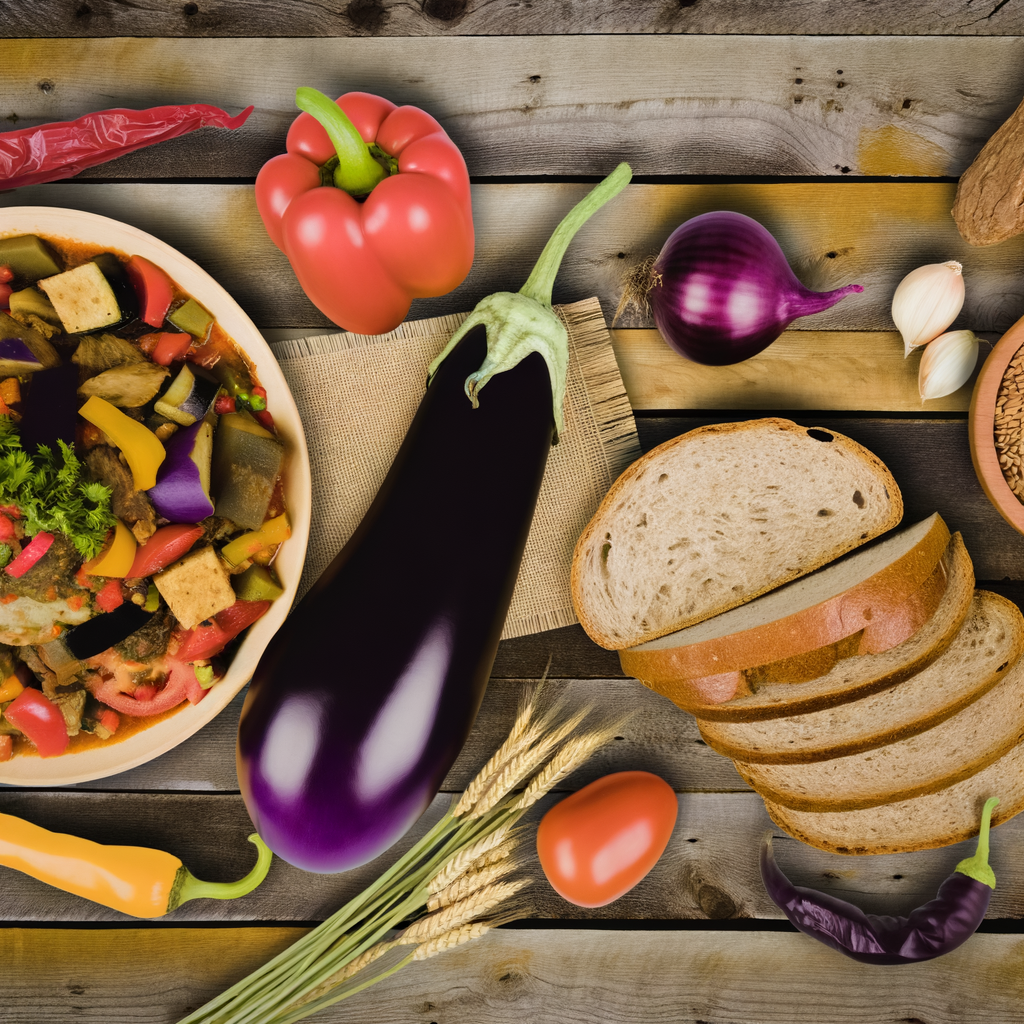As a culinary artist, I have come to appreciate the importance of catering to different dietary preferences. One of the most common dietary preferences is vegetarianism, which is becoming increasingly popular in Europe. Vegetarians choose not to consume meat, poultry, or seafood for various reasons, such as ethical, health, or environmental concerns. There are different types of vegetarians, including lacto-ovo vegetarians, who consume dairy and eggs, and vegans, who avoid all animal products. Understanding these preferences is crucial for chefs to provide a satisfying dining experience for their customers.
When preparing vegetarian dishes, it is important to focus on ingredients that are rich in protein and other essential nutrients. Plant-based proteins such as tofu, beans, lentils, and quinoa can be used as substitutes for meat. Dairy products like cheese and yogurt are also great sources of protein for lacto-ovo vegetarians. Additionally, incorporating a variety of vegetables, fruits, and whole grains in the dishes not only adds flavor and texture but also provides essential vitamins and minerals.
Vegetarian cuisine is not just about avoiding meat, it is about creating flavorful and nutritious dishes. Experimenting with different herbs and spices can add depth and complexity to vegetarian dishes. Incorporating international flavors and techniques can also keep vegetarian dishes interesting and diverse.
As a chef, it is important to have an open mind and embrace the challenge of catering to vegetarian dietary preferences. With the right ingredients and techniques, vegetarian dishes can be just as satisfying and delicious as meat-based dishes.
In conclusion, with the increasing popularity of vegetarianism in Europe, it is crucial for chefs to understand and cater to these dietary preferences. By focusing on ingredients rich in protein and other essential nutrients, being creative with flavors and techniques, and embracing the challenge, chefs can provide a delightful dining experience for their vegetarian customers.





